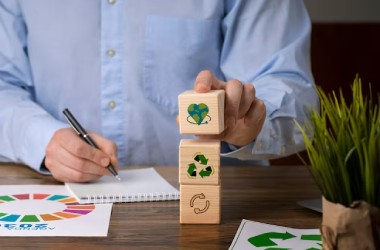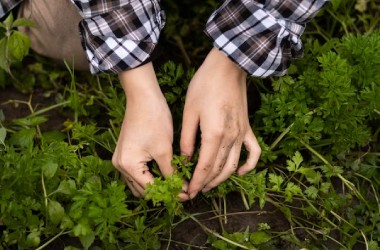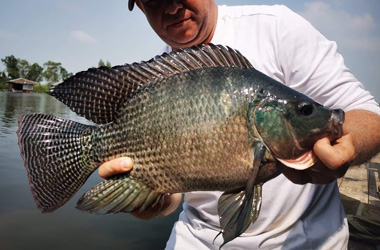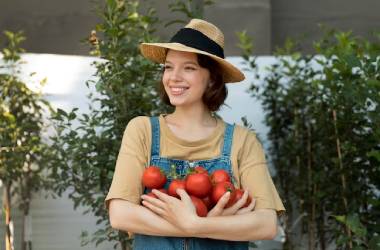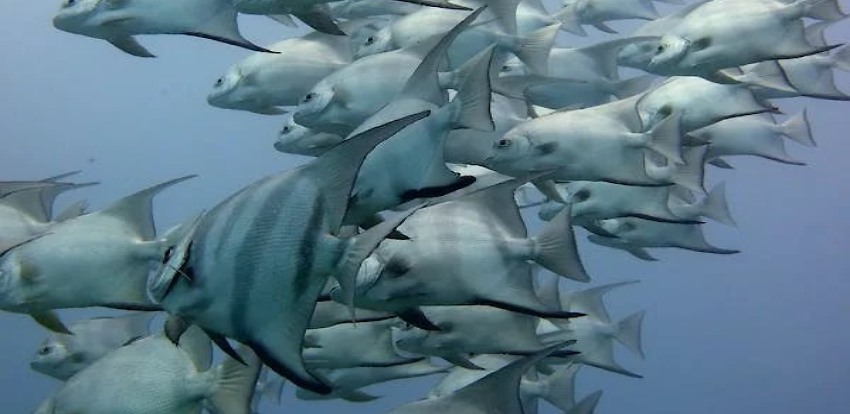
Attention, conscious environmentalists! Let's embark on an illuminating journey to unravel the mystery behind the fish we delightfully devour. Today, we delve into the captivating realm of fishing and aquaculture, the two primary seafood sources.
Fish and Its Origins. Fundamental Differences Between Fishing and Aquaculture
Fishing and aquaculture are intertwined, as they both harness the vast biological resources teeming within our world's bodies of water. However, their paths diverge when it comes to their specialized techniques. Fishing, the captivating art of capture and extraction, focuses on different aquatic species, employing specific methods to reel their bounty.
On the other hand, aquaculture, a realm of controlled cultivation, dedicates itself to the breeding and production of these fascinating aquatic creatures. Through diverse systems spanning freshwater to marine environments, aquaculture enables the nurturing of aquatic plants and animals, creating a sustainable ecosystem.
Fishing. Capturing and Extracting
For centuries, fishing has stood as a traditional source of seafood, its roots interwoven with our history. From oceans, rivers, or lakes, fishermen brave the waves to procure the wild treasures beneath. Tuna, salmon, cod, shrimp, crab, and lobster have commonly harvested species, crafting a tapestry of flavors that grace our tables.
Yet, challenges have arisen on this once-boundless frontier. Overfishing has caused declining fish populations, prompting stringent regulations to ensure sustainability. Our mission? To balance our culinary desires and preserve the marine ecosystems we cherish.
Aquaculture. Breeding and Cultivating
As global demand surges, aquaculture has emerged as a beacon of hope. With its controlled environments—ponds, tanks, or ocean pens—this practice enables farming aquatic animals and plants, offering a sustainable solution for future seafood needs.
According to the United Nations Food and Agriculture Organization (FAO), aquaculture accounts for approximately half of the world's seafood production, with China leading the charge. Aquaculture diversifies our seafood offerings from succulent fish like salmon, tilapia, and catfish to delicacies like oysters, mussels, and even nutrient-rich seaweed.
Moreover, sustainability thrives within the realm of aquaculture. Designed to minimize environmental impact and combat disease outbreaks, these practices exemplify a harmonious coexistence between our culinary desires and our duty to protect our precious planet.
A Balanced Approach for a Sustainable Future
The choice between fishing and aquaculture depends on geography, culture, economics, and sustainability. Some regions and cultures preserve fishing traditions, weaving them into the fabric of their heritage. Meanwhile, others embrace aquaculture's potential to meet the ever-growing demand for seafood sustainably.
Together, we can forge a harmonious path, embracing the delicate dance between fishing and aquaculture. We employ a balanced approach to ensure a bountiful and sustainable seafood supply for generations. Let us safeguard our oceans while indulging in the ocean's incredible offerings!

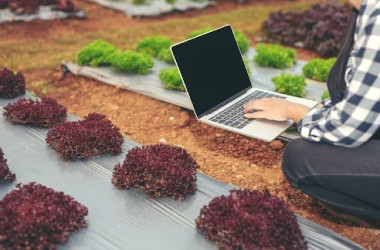
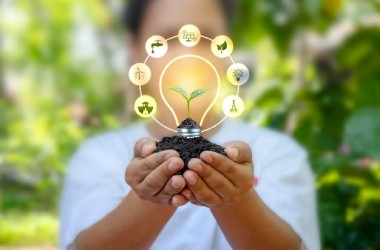
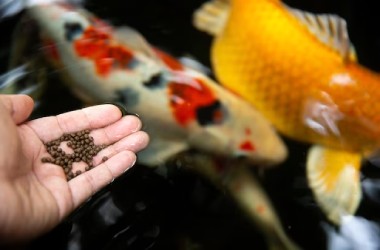
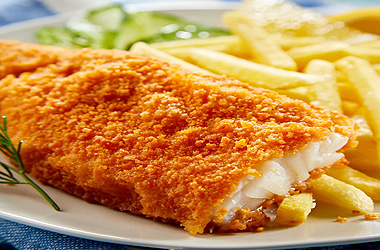
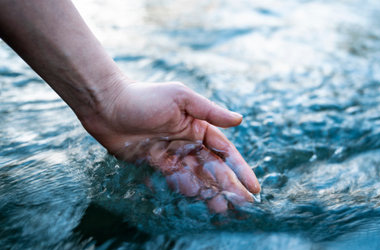
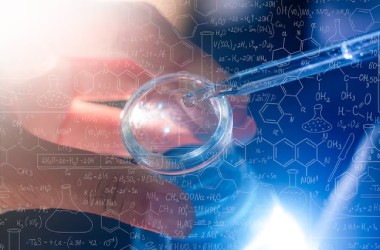
.jpg)
